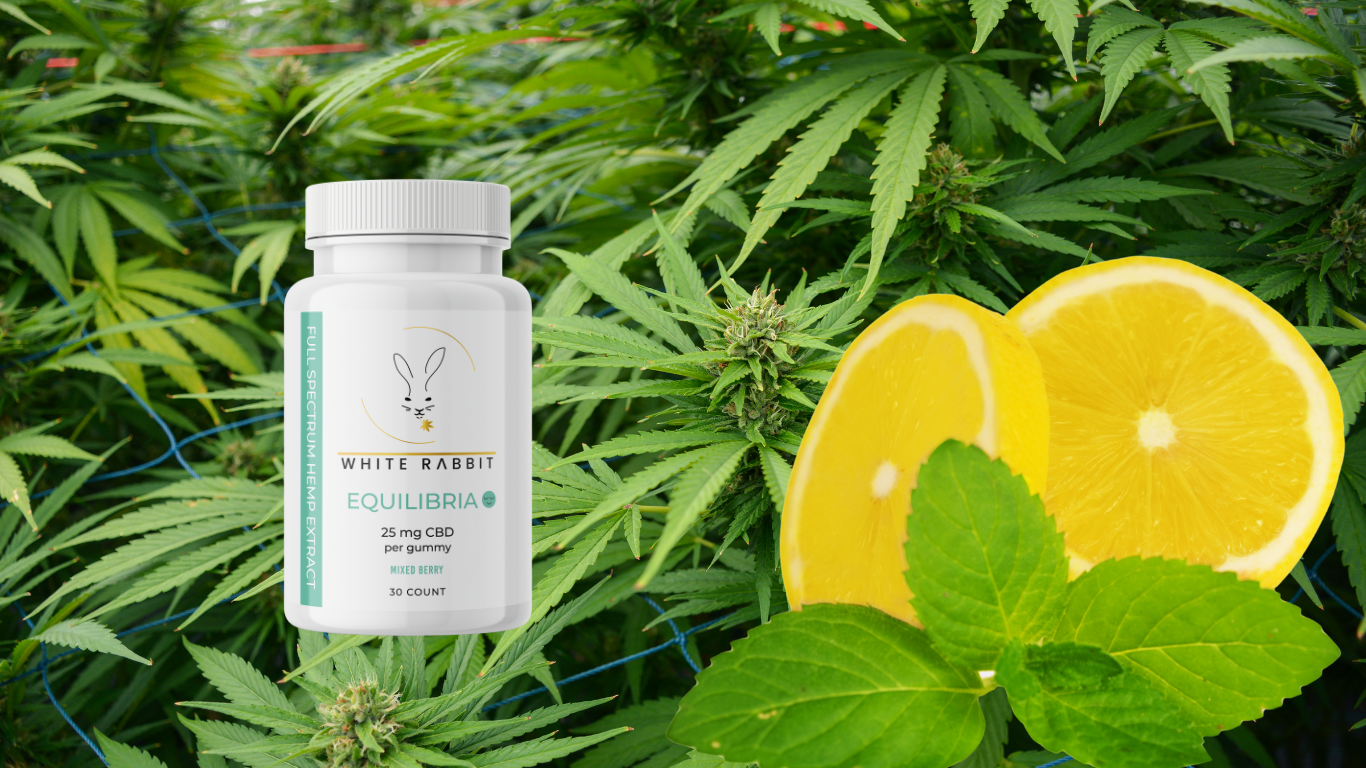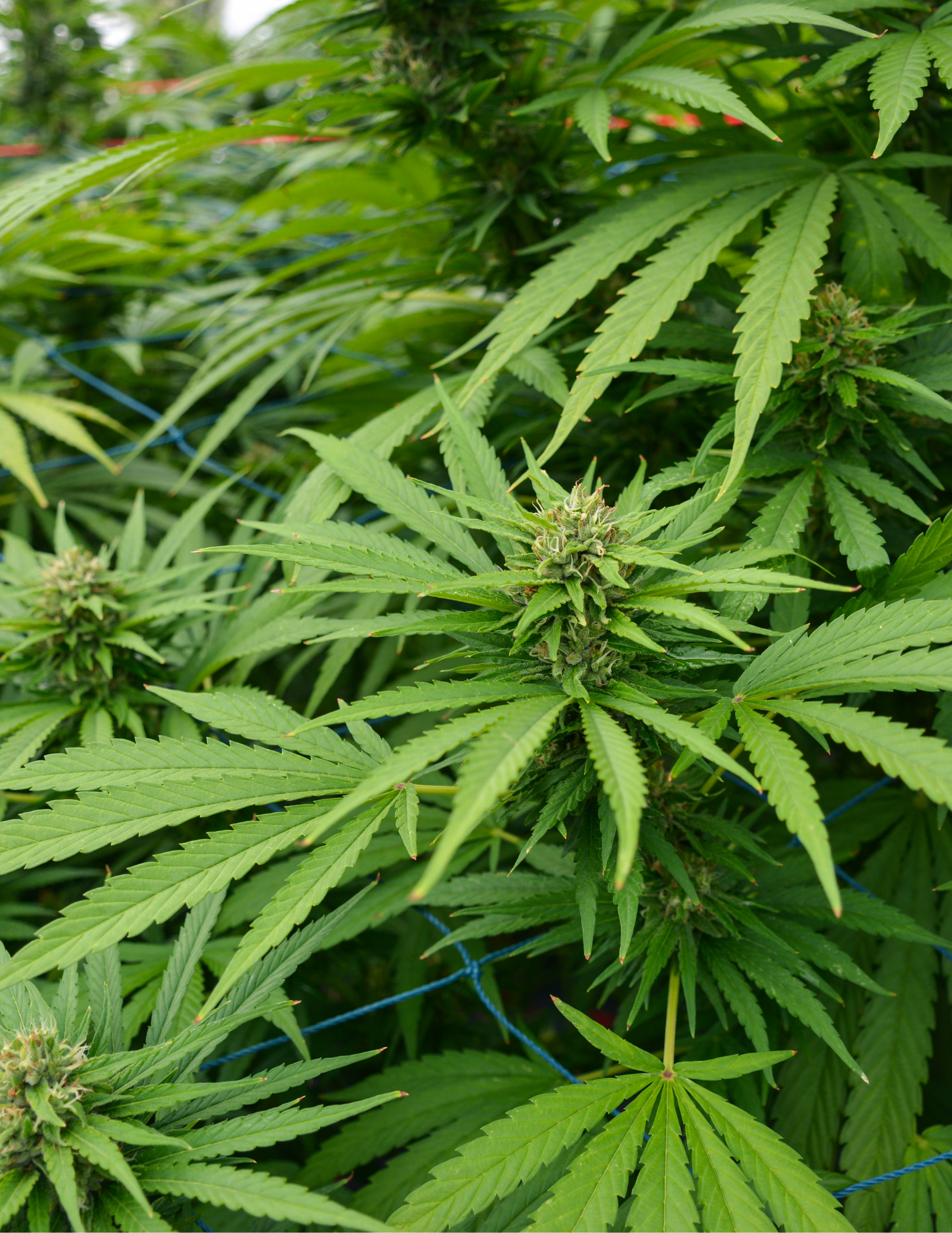https://pubmed.ncbi.nlm.nih.gov/40950765/
Cannabidiol (CBD) and cognitive function in older adults: a mini review
- PMID: 40950765
- PMCID: PMC12426524
Abstract
As the global population ages, the need for effective interventions to support cognitive health in older adults is growing. Cannabidiol (CBD), a non-intoxicating component of cannabis, has emerged as a potential neuroprotective agent due to its anti-inflammatory, antioxidant, and anxiolytic properties. While preclinical studies show promising effects on hippocampal neurogenesis and cognitive performance, human trials remain limited, particularly in older populations. Existing studies have focused primarily on young, healthy adults and acute administration, often using oral routes that yield low and variable bioavailability. Furthermore, the endocannabinoid system undergoes age-related changes, potentially altering CBD efficacy in older adults. This review synthesizes current evidence on CBD and cognitive function, emphasizing age as a moderating factor, exploring pharmacokinetic challenges, and identifying key research gaps. The review calls for well-controlled trials in older adults using standardized cognitive measures, neuroimaging, and biomarker assessments. Understanding the age-specific impact of CBD on cognition is essential for evaluating its therapeutic potential in an aging society.
Keywords: CBD; aging; cannabidiol; cognition; cognitive aging; endocannabinoid system; neuroprotection; older adults.
Copyright © 2025 Binkowska, Mateja and Jakubowska.








